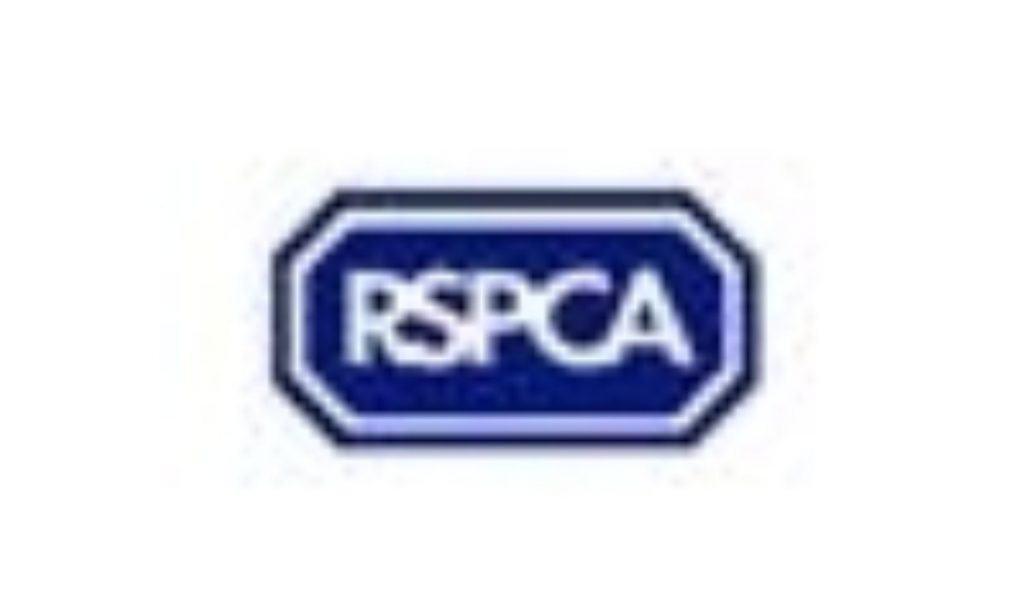RSPCA podcast calls for a ban on keeping primates as pets
As the Government launches a new set of guidelines for people who keep primates, this month’s RSPCA wildlife podcast focuses on what that code means – and why we continue to call for a ban on primates as pets.
RSPCA wildlife scientist Dr. Ros Clubb contributed to Defra’s new primate code and explains its purpose in the monthly feature. “Primates are intelligent, socially complex wild animals that can suffer greatly in captivity, but they currently have very little protection under UK law. It’s estimated there are around 5,000 kept privately in the UK, and whilst our calls for a ban have not yet been answered, this new code, if passed, is a step in the right direction.”
In December last year, Ros attended 10 Downing Street with the organisation Wild Futures to hand over a petition signed by more than 31,000 people calling for a ban on trade in pet primates and supported by over 360 eminent primatologists, conservationists and primate rescue organisations who are calling for a ban on the keeping of primate as pets.
Ros added “This month’s podcast is a great opportunity to delve into the issue in more detail and help explain why it’s so important that we bring to a stop the buying and selling of primates with no control over who keeps them or how they are kept.”
Every month, scientists from the RSPCA’s wildlife department keep website visitors up to date with wild animal welfare issues. This month listeners will also get to hear about how the Society is helping animals in Haiti after the devastating earthquake, and the story of an owl spotted over five years after its rehabilitation and release from one of our wildlife centres.
You can listen to the podcast by visiting www.rspca.org.uk/wildlife.
-ends-
Notes to editors:
To receive an MP3 version of the interview with Dr Ros Clubb, please contact the national RSPCA press office. A photograph of the petition handover is also available.
Information on the primate code:
http://www.defra.gov.uk/corporate/consult/welfare-cop-primates/
Wild Futures, formally the Monkey Sanctuary Trust:
http://www.wildfutures.org/organisations-unite-parliament-primate-welfare
A more detailed document containing details on the issues of primates as pets is also available from the national RSPCA press office.
RSPCA, Wilberforce Way, Southwater, Horsham, West Sussex RH13 9RS
Press office direct lines: 0300 123 0244/0288 Fax: 0303 123 0099
Duty press officer (evenings and weekends) Tel 08448 222888 and ask for pager number 828825
Email: press@rspca.org.uk Website: www.rspca.org.uk





-01.png)